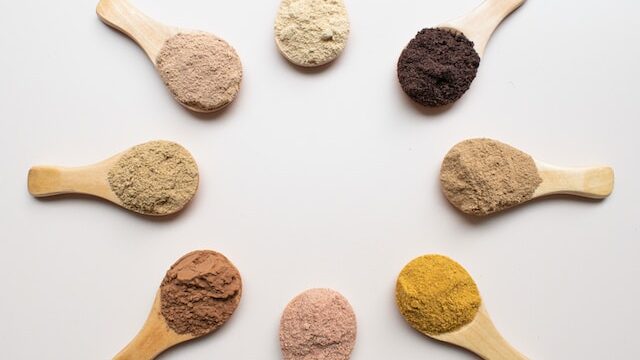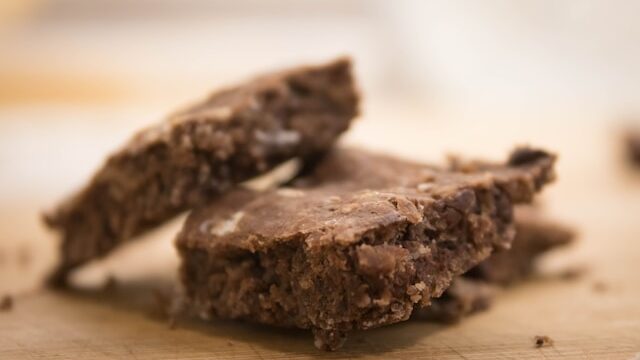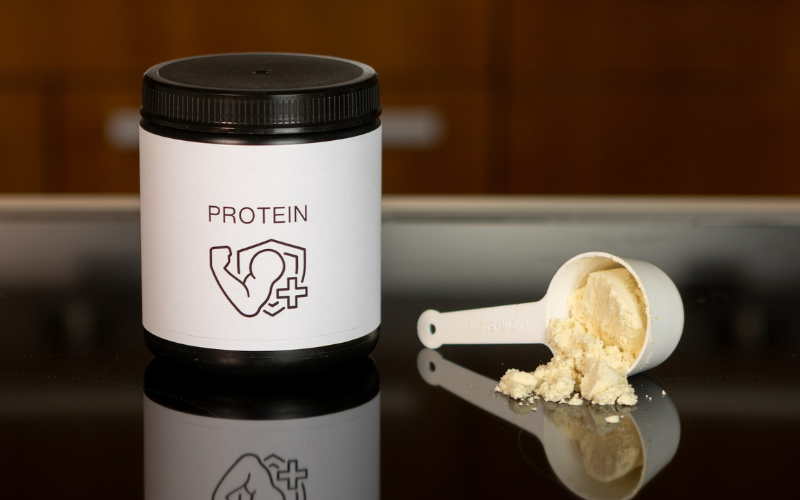In recent years, the fitness and health industry has seen a significant upsurge in the utilization of protein powders, with Whey Protein Powder emerging as a favorite among fitness enthusiasts. This fine powder, derived from milk during the cheese-making process, is a rich source of high-quality protein packed with essential amino acids.
Table of Contents
Key Takeaways:
- Whey Protein Powder significantly aids in muscle growth and repair.
- It is an easily digestible source of protein.
- Incorporating Whey Protein Powder in your diet can also assist in weight management and overall wellness.
Understanding Protein
Role of Protein in the Body
Protein is a crucial component of every cell in the body. It’s used to build and repair tissues, make enzymes and hormones, and is essential in maintaining the health of bones, muscles, cartilage, skin, and blood.
Importance of Protein for Muscle Growth, Repair, and Overall Health
Adequate protein intake is particularly crucial for athletes and individuals engaged in regular exercise, as it aids in:
- Muscle repair
- Muscle growth
- Optimizing muscle strength and performance
Types of Protein Powders
Protein powders come in various forms, each with its unique benefits and nutritional profile.

Whey Protein: Concentrate, Isolate, and Hydrolysate
Whey Protein is one of the most popular types of protein powders, and it comes in three primary forms:
- Whey Protein Concentrate (WPC): Contains low levels of fat and carbohydrates.
- Whey Protein Isolate (WPI): Has had most fat and lactose removed.
- Whey Protein Hydrolysate (WPH): Pre-digested and partially hydrolyzed for easier metabolizing.
| Type | Protein Content | Fat Content | Carbohydrate Content |
|---|---|---|---|
| WPC | 70-80% | Higher | Higher |
| WPI | 90% or higher | Lower | Lower |
| WPH | Varies | Varies | Varies |
Casein Protein
Casein is another milk-derived protein but is absorbed much slower by the body compared to whey.
Egg Protein
Egg protein is made from the whites of eggs and is a complete protein source.
Plant-Based Proteins: Pea, Rice, Soy, Hemp, etc.
These are excellent alternatives for individuals with dietary restrictions or those who prefer plant-based diets.
Benefits of Protein Powders
Muscle Growth and Recovery
One of the pivotal benefits of Whey Protein Powder is its aid in muscle growth and recovery post-exercise.
- Promotes muscle recovery
- Enhances muscle growth
- Supports maintenance of muscle mass

Weight Loss and Appetite Control
Whey protein has been shown to aid in weight loss by:
- Reducing appetite
- Boosting metabolism
- Helping to maintain muscle mass while losing fat
The potential of whey protein extends beyond muscle building and weight management. It also exhibits antioxidant properties, helps regulate blood pressure, and supports the body’s immune system. [1]
Choosing the Right Protein Powder
Factors to Consider
Selecting the right protein powder involves considering various factors such as:
- Dietary restrictions: Lactose intolerance, vegetarian or vegan diets, etc.
- Goals: Muscle gain, weight loss, general health improvement.
- Allergies: Some individuals might have allergies to certain types of protein.
Importance of Checking Ingredients and Avoiding Additives
It’s crucial to check the ingredients of the protein powder for any harmful additives or allergens.
How to Incorporate Protein Powder into Your Diet
Incorporating protein powder into your diet can be a smooth sail when done correctly. Here are some creative ways to do so:
Using Protein Powders in Shakes and Smoothies
The most straightforward method to incorporate Whey Protein Powder in your diet is by adding it to shakes and smoothies. Here are some steps you might follow:
- Choose Your Protein: Opt for a high-quality whey protein powder that aligns with your dietary needs and preferences.
- Select Your Liquid Base: Common choices include water, milk, or plant-based milk alternatives.
- Add Fruits and Vegetables: Include a variety of fruits and vegetables to not only enhance the flavor but also the nutritional value of your shake or smoothie.
- Blend: Blend all the ingredients together until you reach your desired consistency.
Creative Recipes: Pancakes, Baked Goods, etc.
Besides shakes and smoothies, whey protein powder can also be incorporated into a variety of recipes such as pancakes, muffins, or even homemade protein bars. Some ideas include:
- Protein Pancakes: Mix whey protein powder with oats, eggs, and bananas to create a healthier version of traditional pancakes.
- Protein Baked Goods: Add a scoop of whey protein powder to your recipes for muffins, bread, or cookies to increase the protein content.
- Homemade Protein Bars: Combine whey protein powder with nuts, seeds, and dried fruits to make your homemade protein bars.

Safety and Considerations
Recommended Dosages
The recommended dosage of whey protein varies depending on individual factors such as age, sex, physical activity level, and overall health. It’s advisable to follow the serving instructions provided on the packaging or consult with a healthcare professional.
| Factors | Recommended Protein Intake |
|---|---|
| Adults (general) | 46-56 grams per day |
| Athletes | 1.2-2.0 grams per kg body weight per day |
| Pregnant or nursing women | Consult with a healthcare professional |
Potential Side Effects and Allergies
While whey protein is safe for most individuals, some might experience side effects such as:
- Digestive discomfort
- Nausea
- Headache
- Fatigue
Individuals with a lactose intolerance or a milk allergy should exercise caution when consuming whey protein.
Considerations for Specific Populations (e.g., vegans, lactose intolerant)
For those with dietary restrictions or allergies, alternative protein sources like plant-based proteins may be more suitable. It’s essential to choose a protein powder that aligns with your dietary needs and health goals.
Frequently Asked Questions
- Is whey protein suitable for vegetarians?
- Yes, whey protein is derived from milk, making it suitable for vegetarians but not for vegans.
- How can I choose the best whey protein powder for me?
- Consider factors like your dietary restrictions, fitness goals, and any allergies you may have. It’s also advisable to check the ingredient list to avoid any harmful additives.
- Can whey protein help with weight loss?
- Yes, whey protein can aid in weight loss by promoting feelings of fullness, boosting metabolism, and helping maintain muscle mass during a calorie deficit.



